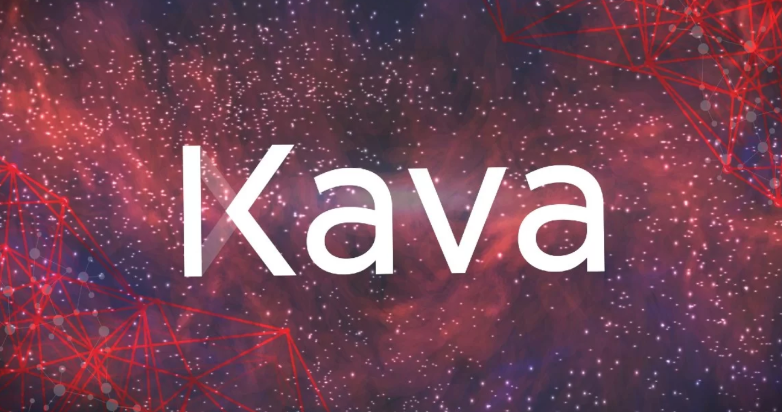What is the value of kava coins?
- 全网都在看Original
- 2024-05-07 14:40:26419browse
The value of Kava Coin (KAVA) stems from its utility on the Kava blockchain: Governance Staking Rewards Transaction Fees Collateral Decentralized Stablecoin Cross-chain Bridge Development Incentives

Value of Kava Coin
Kava Coin (KAVA) is the native token on the Kava blockchain. It has a variety of practicalities that make it valuable.
Source of value:
1. Governance: Token holders can pledge KAVA and obtain voting rights to participate in the governance decisions of the Kava blockchain .
2. Staking rewards: You can get passive income by staking KAVA. Stakeholders can earn KAVA rewards for securing the network.
3. Transaction fees: KAVA is used to pay transaction fees on the Kava blockchain.
4. Collateral: KAVA can be used as collateral in the Kava Lend protocol, and borrowers can borrow the stable digital asset USDX.
5. Decentralized Stablecoin: KAVA is used to stabilize the value of USDX, a decentralized stablecoin backed by over-collateralized assets.
6. Cross-chain bridges: Kava coins are used to facilitate cross-chain bridges with other blockchains such as Ethereum and Binance Smart Chain.
7. Development incentives: Kava blockchain developers can earn KAVA rewards by building and maintaining the Kava ecosystem.
In addition, the value of Kava coins is also affected by the following factors:
- Market demand: The market demand for KAVA determines its price.
- Competition: Competition from other DeFi platforms and stablecoins may affect the value of KAVA.
- Regulatory Environment: Regulatory changes may impact the adoption of the Kava Blockchain and KAVA Coin.
While Kava Coin has potential value, it is important to remember that the cryptocurrency market is volatile and its value may fluctuate over time.
The above is the detailed content of What is the value of kava coins?. For more information, please follow other related articles on the PHP Chinese website!
Related articles
See more- How to use Spring Boot to build blockchain applications and smart contracts
- 2023 Global Cryptocurrency Exchange Rankings Ranking of the Top Five Domestic Digital Currency APPs
- Magic Eden and Yuga Labs jointly launch the Ethereum NFT market! Royalties will be enforced
- What are the major cryptocurrency exchanges?
- Bipartisan stablecoin bill introduced by U.S. senators paves the way for U.S. FDIC insurance

